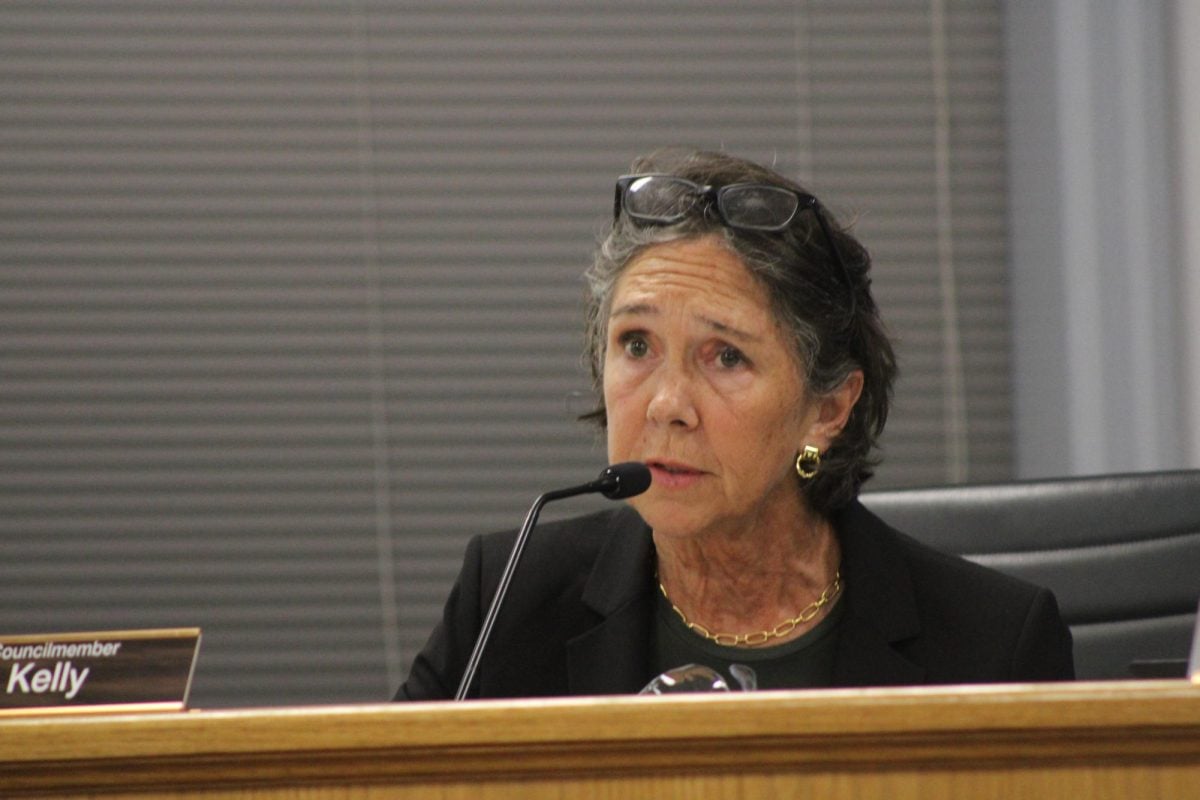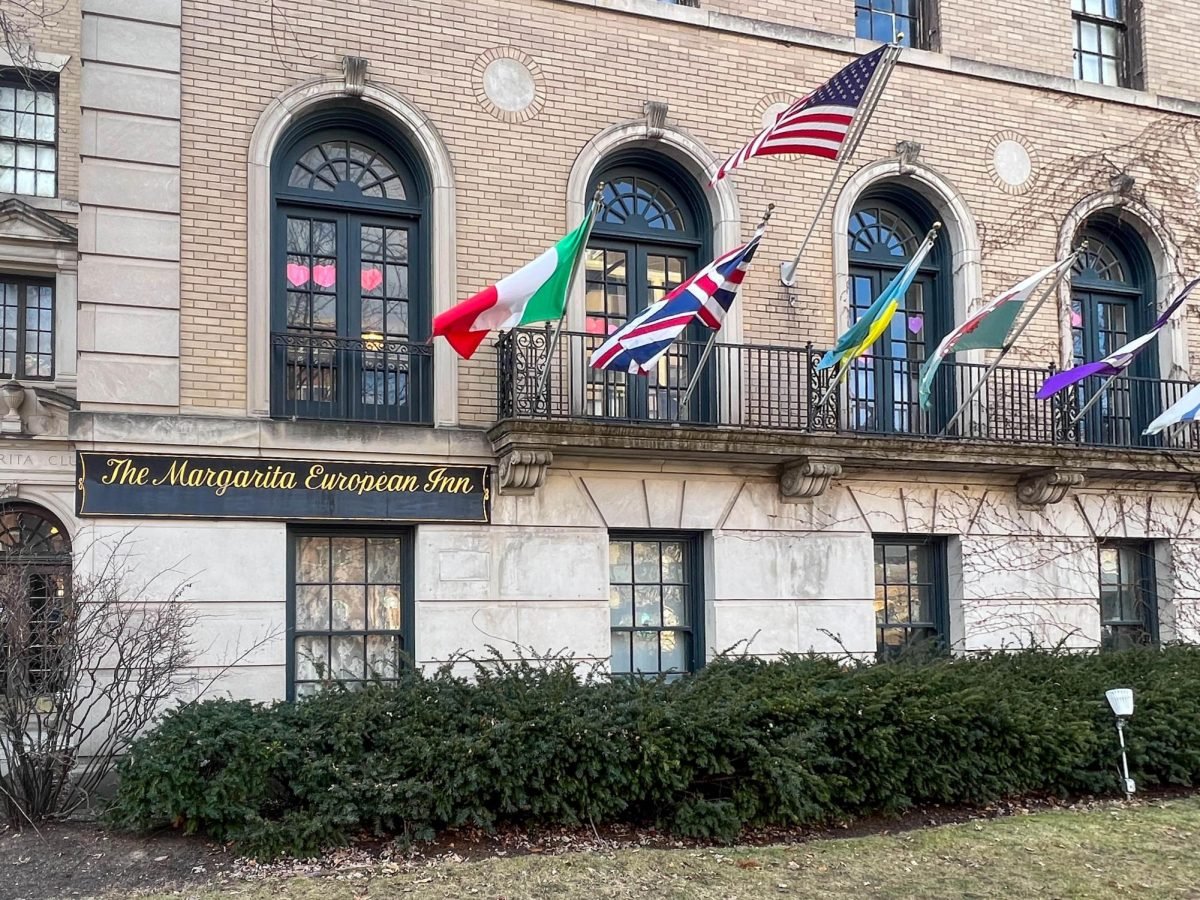Evanston will respond within a week to allegations that it imposes burdensome regulations on waste management company Veolia, city spokesperson Eric Palmer told The Daily on Thursday.
In a complaint filed Dec. 5, Veolia claimed unlawful pressures from the city to remove its transfer station at 1711 Church St. The complaint further stated Evanston has enacted illegal fees and inspected the station at unreasonable frequencies.
The litigation is now pending in the Cook County Circuit Court, said Gerald Callaghan, Veolia’s attorney.
“I don’t know what (the city will) do,” Callaghan said. “They have the next move.”
He said Veolia is seeking reimbursement for about $195,000 paid in “improper fees” to the city in compliance with what Callaghan deemed wrongful ordinances.
“We’re asking the court to rule that the fees are not valid, and the city has to reimburse Veolia for any fees that have been paid,” Callaghan said.
Fees assessed in two city ordinances are part one of the “two-pronged attack against Veolia” cited in the complaint.
Veolia also claimed the city engaged in an “oppressive regulatory monitoring and inspection scheme,” assigning a full-time staff person to inspect the transfer station up to four times a day, according to the complaint. The position was created after residents voiced concerns about the site’s alleged odors, rodents and litter.
Palmer declined further comment Thursday due to the pending nature of the litigation.
Veolia spent $3.5 million in construction and renovation costs in the early 2000s to improve the functionality and aesthetics of the transfer station, Callaghan said. Enhancements included a new soundproof and odor-suppressing building and a 14-foot screening wall enclosing the station, according to the complaint.
The complaint cites inspection notes recording “no odor or rodents around the transfer station,” and only six citations from the city – all regarding odor – between November 2010 and June 2011.
The city-imposed ordinances also require Veolia to relinquish its customer list, which includes Northwestern. The complaint claims the city intends to encourage clients to cease patronage of the transfer station to pressure Veolia out of Evanston.
“(The Evanston City Council) said that they want Veolia to leave,” Callaghan said, crediting council members for a series of quotations listed in the complaint.
One quotation cited in the complaint was, “We need to figure out what it would take to get them to move out of Evanston,” and another read, “Most of us are committed to doing everything humanly possible to getting rid of them.”
The names of individual council members do not appear alongside the quotations.
In the complaint, Veolia alleged Evanston wants to remove the transfer station to improve living conditions in nearby residences and open land for additional residential development.
In 2006, the transfer station and surrounding properties were rezoned from industrial to residential classification, which pressured the city to open land for development and housing, according to the complaint.
“Evanston has been under immense political pressure from occupants of the townhomes and office condominiums … to close the Church Street Transfer Station,” the complaint stated.
Because Veolia received all necessary permits to operate the transfer station, the city cannot force the company to leave, according to the complaint. Veolia claims the city instead is working to “make things so unpalatable for the company that it voluntarily leaves the City.”
The complaint is scheduled to appear in court in June, Palmer said.












